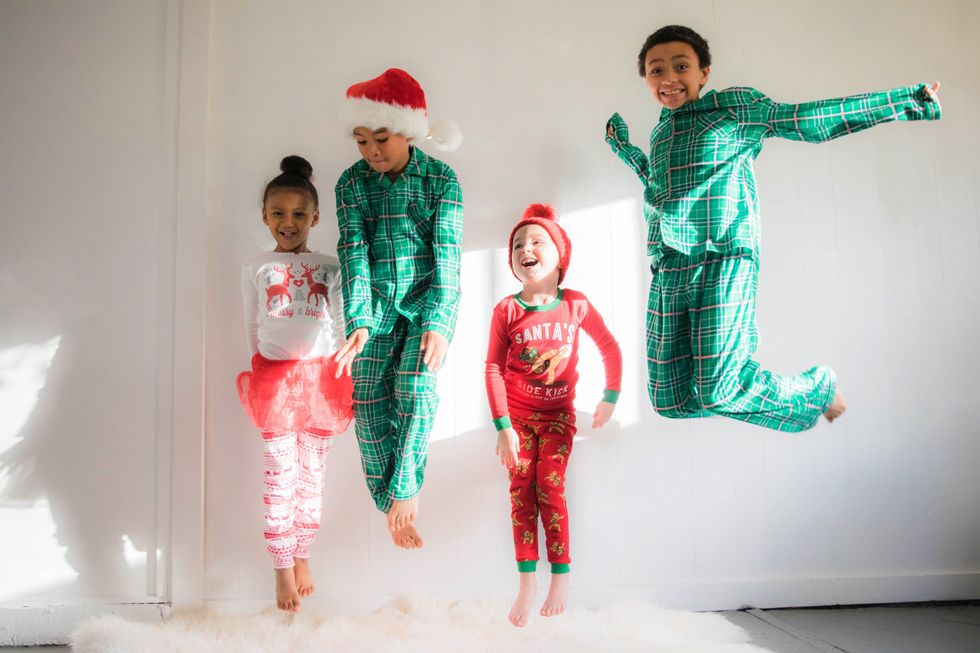Colin Kaepernick was a person I would have gone my whole life without knowing. I would have never heard of him, never knew he played professional football, never known the team he played for. He, along with most other professional athletes, would mean nothing to me.
But on Aug. 26th, I suddenly knew his name. And so did everyone else.
We all know what happened. That night, 49ers quarterback Kaepernick sat during the National Anthem in their game against the Green Bay Packers. All of a sudden, people were talking. About the Star-Spangled Banner, about Kaepernick, about what it all meant.
What some people don't know, what I didn't know, was that Kaepernick sat in protest before Aug. 26th. In fact, he sat for the 49ers first two games, on Aug. 14th and Aug. 20th; however, no one noticed because he wasn’t in uniform and he wasn’t playing. His reason for sitting was for the injustice he sees in America. “…I’m seeing things happen to people that don’t have a voice, people that don’t have a platform to talk and have their voices heard, and effect change. So I’m in the position where I can do that and I’m going to do that for people that can’t.”
Kaepernick explains that he doesn’t think the flag represents what it’s supposed to, the people it’s supposed to. He wants to bring up the uncomfortable conversations. He wants people to talk about the things that we would rather leave in the dark, and he’s using his status in society to do that.
People were outraged. People said he was disrespecting our armed forces; however, many of those soldiers that people were so quick to say were disrespected, didn’t feel that way. Soldiers all over the country were quick to publicly support Kaepernick’s right to protest, saying that they serve for the people’s constitutional right of free speech and protest. Some soldiers have even lost their security clearances and are “under review” for following Kaepernick’s footsteps and refusing to stand while in uniform, something that is against Uniform Code of Military Justice. And let’s not forget the fact that Kaepernick himself said he respects our armed forces and even has family and friends who have served.
Then there are the people who say that there’s a “time and place” to protest. This is simply ludicrous when wanting social change. It’s like telling a group of protesters “hey, you can protest, but only when it’s convenient for the rest of society, okay?” Now tell me, how does that change anything?
Despite the hate against Kaepernick and his protest, many sports players and teams around the country have joined him in taking a knee during the National Anthem. Including high schools. In Seattle. WA., the entire team, including the coaches of Garfield High School took a knee. In San Mateo, CA., all but one of the San Francisco Mission High School football players took a knee. Even in my hometown of Minneapolis, at my old high school of South High, the girls’ volleyball team all took a knee during the National Anthem in support of Kaepernick for the injustice in America.
A spokesman for the South High Volleyball team, Dirk Tedmon, issued a statement saying, “We respect our students’ right to freedom of speech as long as their actions do not threaten the safety and security of others.”
I'll say it again: As long as their actions do not threaten the safety and security of others.
Exactly.
Many people aren’t happy with Black Lives Matter. They aren’t happy about the protests, and they aren’t happy about Kaepernick. But what I've noticed is it hardly seems to matter how you protest, because if people don’t agree with your movement, they won’t approve of how you choose to exercise your right to free speech, no matter how peaceful.































